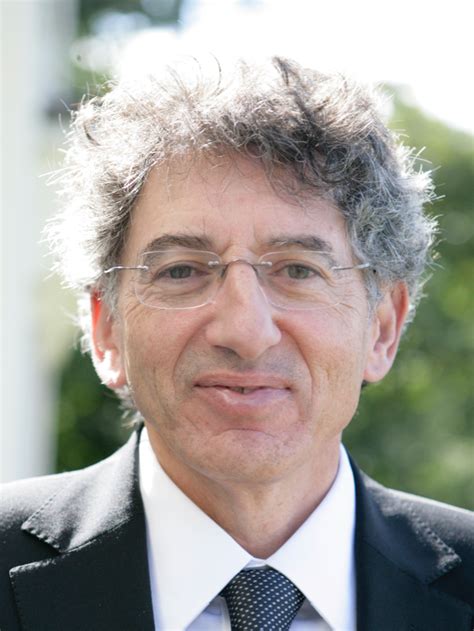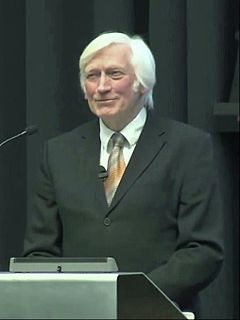A Quote by Stacey D'Erasmo
Nazi Literature in the Americas, a wicked invented encyclopedia of imaginary fascist writers and literary tastemakers, is Bolaño playing with sharp, twisting knives. As if he were Borges's wisecracking, sardonic son, Bolaño has meticulously created a tightly woven network of far-right litterateurs and purveyors of belles lettres for whom Hitler was beauty, truth, and the great lost hope.
Related Quotes
Jorge Luis Borges was lamenting a variety of Orientalism that was used to measure the alleged authenticity of Argentine and Latin American writers in the midcentury. The Argentine literary tradition was believed by many, including many Argentines, to be concerned with a national imaginary in which the gauchos and the pampas and the tango were fundamental tropes. Borges, in part to legitimize his own Europhilia, correctly pointed out that expecting writers to engage with these romantic nationalist tropes was arbitrary and limiting, a genre that was demonstrative of its own artificiality.
A 'Hitler myth' was cultivated which built on people's desire for strong leadership, and presented Hitler as an almost God-like figure. Hitler's image was laboured over in a manner not dissimilar to that of pop stars today. What he wore, what he said, what postures he adopted during speeches were all worked out carefully... Many people began to separate Hitler from the Nazi Party, enabling Hitler's popularity to remain high whilst the popularity of the Nazi Party fell.
Great fiction has been written out of the very darkest circumstances of our narco violence, and nothing written in either fiction or nonfiction has penetrated that darkness so memorably - you can even say beautifully, a relentless riveting forensic dark beauty that some readers in fact find themselves unable to endure - as Roberto Bolaño's 2666. Especially in "The Part about the Crimes." But here's the thing: nobody would call 2666 a "narco novel."
I tried to fortify myself with the best nonfiction and fiction I could lay my hands on, from the essays of James Baldwin and Joan Didion, to the stories and novels of Ralph Ellison, Roberto Bolano and Celine. Distinctive voices like these were a source of constant nourishment on all range of matters, from punctuation to philosophy.
If in the 1930s nuclear weapons had been invented and the Allies had been faced by Nazi SS20s and Backfire Bombers, would it then have been morally right to have handed Hitler control of one of the most terrible weapons man has ever made? Would not that have been the one way to ensure that the thousand year Reich became exactly that? Would not unilateralism have given to Hitler the world domination he sought?
Though anti-Semitism had been only one of several sources of Nazi voting strength, after 1933 Hitler placed anti-Semitic ideologues, the most important of whom were Joseph Goebbels, Otto Dietrich and Alfred Rosenberg, at the top of the key opinion-shaping institutions. In a dictatorship resting on the 'leadership principle', Hitler's anti-Semitic convictions defined policy.
It is sometimes suggested that the [Nazi economic] recovery was a product of a specific fascist economic strategy, which distinguished it from the recovery efforts of other capitalist states. While few would disagree that the Nazi regime had a number of clear ideological preferences when it came to the economy, the policies pursued in 1933 had much in common with those adopted in other countries, and with the policies of the pre-Hitler governments.





































